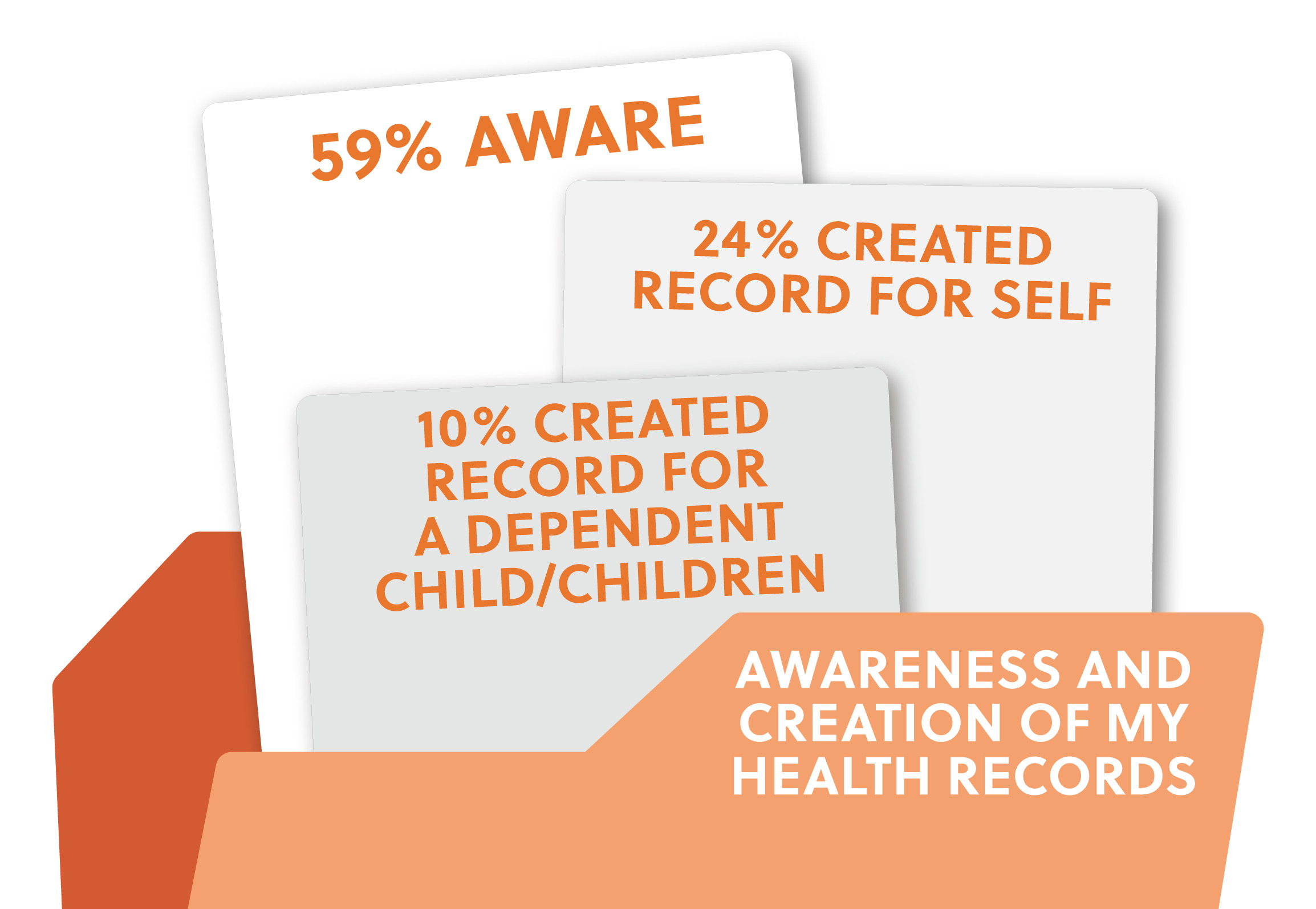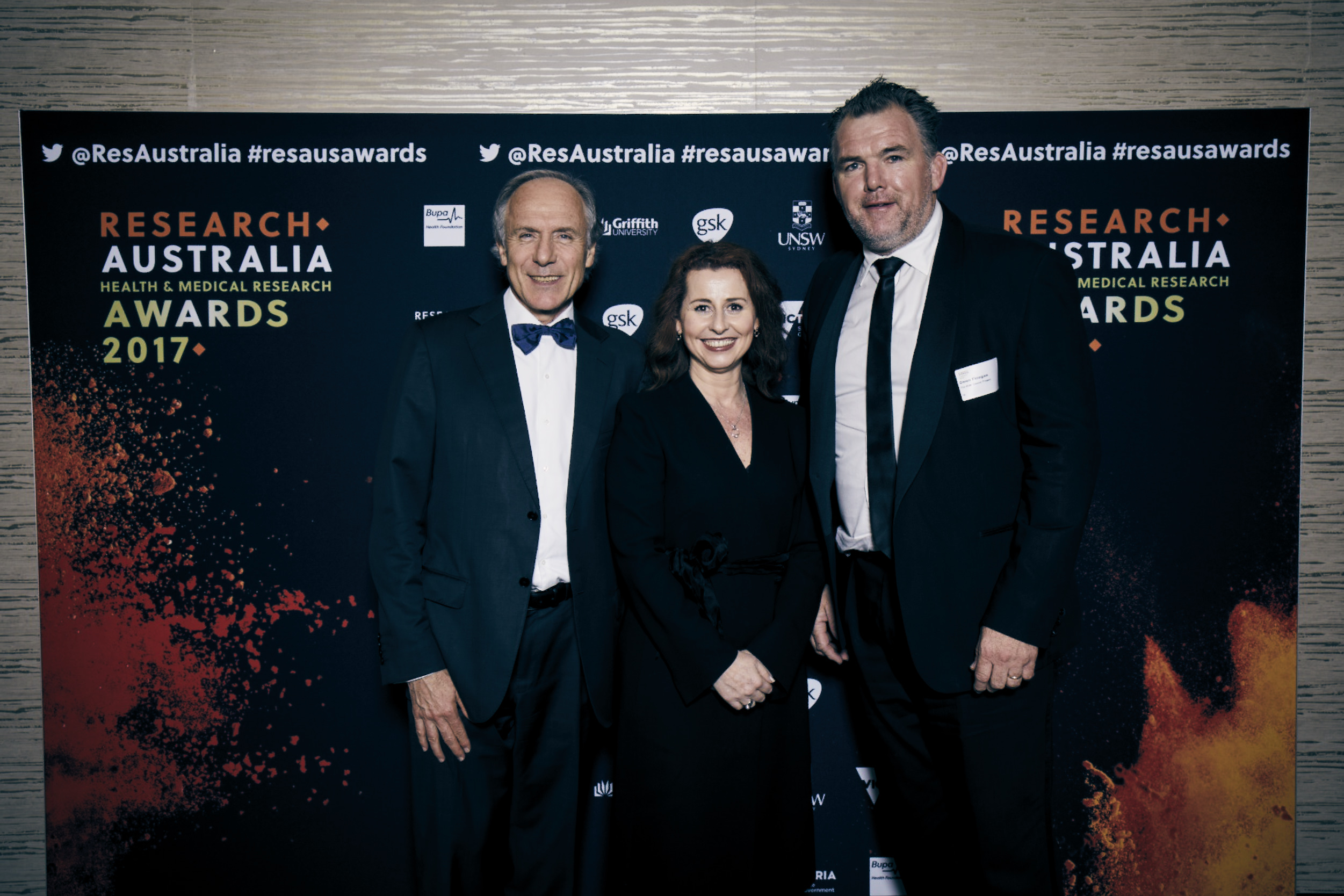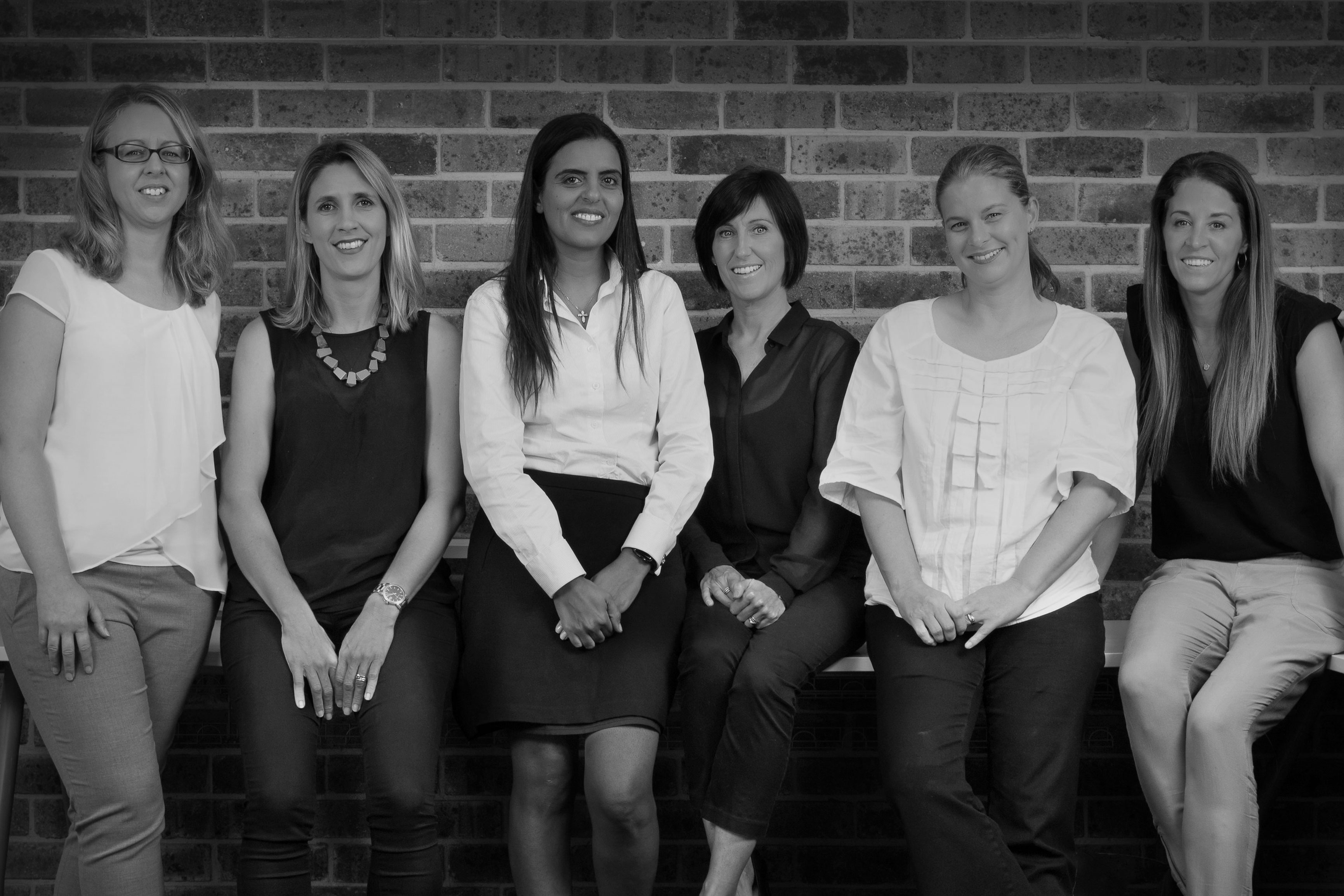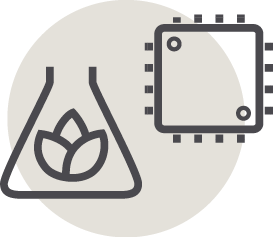Friday 1 September 2017
In an era of big data, the opportunity to harness the masses of information, including personal health records, through better collection, linkage and access, has the potential to transform our health systems and the way we deliver healthcare.
The more a doctor who is treating you knows about your medical history (and the quicker that history can be accessed) the better chance you have of it saving your life. If you are in an accident, unconscious and seriously hurt, then you really want those taking care of you to be able to access all your information about allergies, illnesses and medical history. It could make the difference between life and death.
You might assume doctors in various parts of the health system can already access your information, when the reality is that in most cases they cannot.The Australian health system is fragmented and information is not easily shared between the various GPs, medical specialists, private clinics and hospitals you visit over a lifetime. This means the data a medical professional looks at might not be complete or you may have to recall your own history repeatedly. This can lead to poor diagnoses and increased cost to the health system, with every repeat test and scan that might otherwise have been avoided.
Now multiply this problem 25 million times to everyone in Australia and you have a lot of inaccessible data, lost information and health service inefficiencies.
Australia’s ‘My Health Record’ is for everyone and means your important health information like allergies, current conditions and treatments, medicine details, pathology reports and diagnostic imaging reports are securely stored in one place. Healthcare providers like doctors, specialists and hospital staff can securely access these details online when they need to. This is particularly important during an accident or emergency. And you can control who can see what information, and when.
We live in a world of technology and data is part of that world. As with any system, treating its contents appropriately, data in this case, is absolutely necessary and this includes protecting privacy and ensuring the framework set up supports the intended use of the data.
My Health Record is up-and-running and you can register today. However, Research Australia’s Opinion Polling 2017 showed only one in four people had created a My Health Record. A further 10% had set one up for a dependent, such as a child. These statistics correspond with the Australian Digital Health Agency statistics that say around 4.8 million people in Australia now have a My Health Record.
Perhaps more importantly, only 59% of people in the Opinion Poll were aware of My Health Record, suggesting that there is more work to be done to raise awareness.
These are all relatively low numbers, which is why a trial of automatic registration to My Health Record was set up in the Nepean Blue Mountains region. The trial by NSW Health has been a success with 98% of people in the region now registered (with the rest making the decision to ‘opt out’ of registration). Every month around 1,500 health summaries by local GPs and 32,000 medications dispense records by community pharmacists are uploaded to the system.
This is proving positive for patients by picking up missing medications information. It also saves time for clinicians, particularly after hours.
There are other, community health benefits as well. A widely used My Health Record system will be an invaluable source of accurate, reliable and comprehensive health data that can be used to accelerate discoveries and improve the health system.
It may come as a surprise that for researchers, getting access to important data can be incredibly unwieldy and complicated by negotiations and delays even when identifying data like names and addresses has been removed. Then, when researchers get the data, it can be riddled with duplications and inaccuracies that take time to iron out. This slows down the discovery process and drains energy levels among our brightest research teams.
While still in its infancy, My Health Record promises to be an important source of health information that can be used to identify trends in population health over time, track the emergence of new diseases, monitor the effectiveness of new medicines and better understand regional differences in health care. Furthermore, Research Australia’s
opinion poll indicates most people are happy to share their records for research, with over 90% of Australians in support and only 7% opposed to sharing their data, so there is a
win-win for everyone involved.
History tells us that human health has advanced when medicine intersects with mathematics and data, which is why we all need to get behind My Health Record.
Ultimately, My Health Record can give our researchers the data they need to advance new medical discoveries and improve our health system.
Australia Speaks 2017 results can be downloaded at researchaustralia.org.




